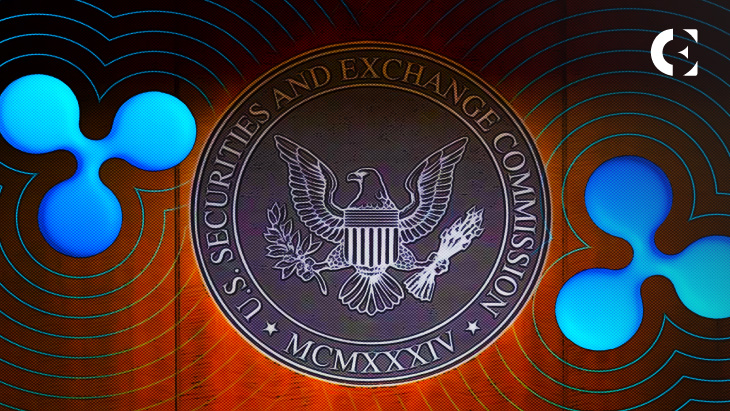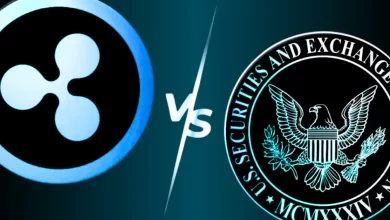“Fight The SEC’s Overreach,” Tweets Crypto Attorney Deaton

- Founder of CryptoLaw Deaton calls out the SEC for unconstitutional violation of 76 years of case law.
- Deaton urges the crypto community to resist the SEC’s overreach.
- “SEC focuses on the token itself instead of its surroundings,” says Deaton.
John E. Deaton, the founder of CryptoLaw, argues that the mere fact that a cryptocurrency was offered or sold as an investment contract does not make it a security. John E. Deaton, Founder of CryptoLaw, issues an amicus brief where he calls the Securities Exchange Commission (SEC) “analytically lazy.” He says that its so-called shorthand constituted an unconstitutional shortcut violating 76 years of case law.
Deaton urges his community to fight the SEC’s overreach and its attempt to exercise jurisdiction in secondary markets in his recent tweet. He points out that Hester Peirce, SEC Commissioner, herself admitted that her colleagues at the SEC perform a “shorthand” analysis.
Deaton says that the SEC focuses on the token itself instead of the circumstances surrounding the offering and sale of the token (i.e., the contract, transaction, or scheme). He feels absolutely infuriated by how lawyers and staff at the SEC and others keep talking about the tokens themselves as being securities.
Bitcoin is a digital asset that was once packaged, marketed, offered, and sold as an investment contract, aka security, says Deaton. He further adds that just because BTC was utilized by someone as a security, it doesn’t turn BTC into a security, citing the examples of Beavers, Condos, and Chinchillas.
Deaton takes the instance of Ripple and is confident Judge Torres will deny the SEC’s summary judgment motion in the XRP case. He states, “The underlying asset is never a security in an investment contract case and requires a Howey analysis at the time of each offer or sale.”
According to Lawyer Lewis Cohen’s article, no federal appellate court has ever held that the underlying asset subject to an investment contract transaction is itself an investment contract, and there is no federal case finding a subsequent transfer of that asset to be a securities transaction.
Deaton takes another instance of LBRY and feels this is why the LBRY hearing and clarification were so important, not just for LBC holders but for all crypto token holders. The Judge in LBRY case ruled LBRY sold LBC as an investment contract when it made direct sales and that his ruling does not apply to secondary market transactions of LBC. This, according to Deaton, proves that LBC itself is not a security; it remains software code and nothing else.
The lawyer goes on to claim that if Ripple offered or sold XRP as an investment contract at some point during its history — or even if it does today — it does not make XRP a security. XRP remains a digital code.
Post Views: 144





